7 Groceries That Won't Get More Expensive Even With Trump's New Tariffs

Brace yourself: President Donald Trump's tariffs might make many of the items you regularly buy—from olive oil and tropical fruit to cars—more expensive. Starting April 5, Trump will impose a 10 percent tariff on all countries, with some as high as 54 percent rolling out in the following weeks. Retailers will likely be forced to hike prices almost immediately, to absorb the blow. However, not everything will get more expensive due to the tariffs. Here Are 7 groceries that should remain price stable.
US-Grown Produce
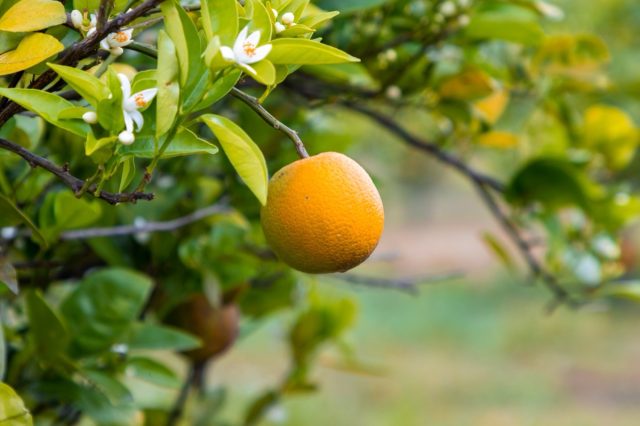
While imported fruits and vegetables, including pineapple, mango, and bananas, will be getting more expensive, domestic fruit will not be subject to tariffs. The United States is home to lots of produce, including Washington apples, California avocados, and Florida citrus. If you notice fluctuations in the prices of these items, it is likely driven by weather, fuel, and labor, not international trade policies.
Store-Brand American Milk
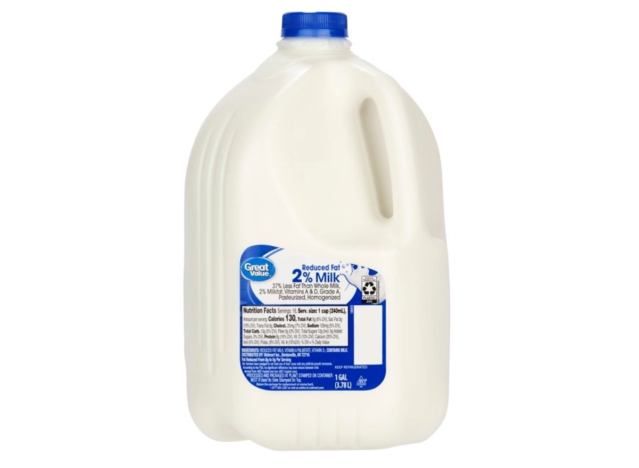
The United States is home to a lot of dairy cows. In fact, in February 2025 alone, the US produced 17 billion pounds of milk. Most of the milk you buy, especially store-brand options like Costco's Kirkland milk or Walmart's Great Value, is sourced and processed domestically. This means the staple shouldn't fluctuate in price due to the tariffs.
American-Grown Chicken and Eggs
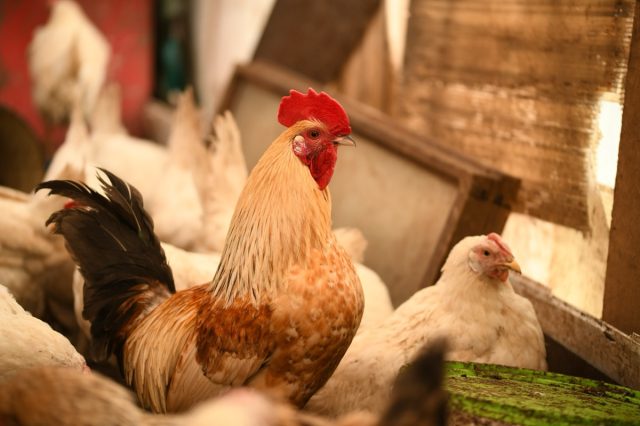
Fresh poultry and eggs are also popular domestic products, and your local store rarely sells chicken and eggs from abroad. Most stores attempt to source these items regionally. While prices could be impacted due to fluctuating feed and fuel costs, they aren't impacted by the new tariffs.
Domestically Milled Flour and Bread
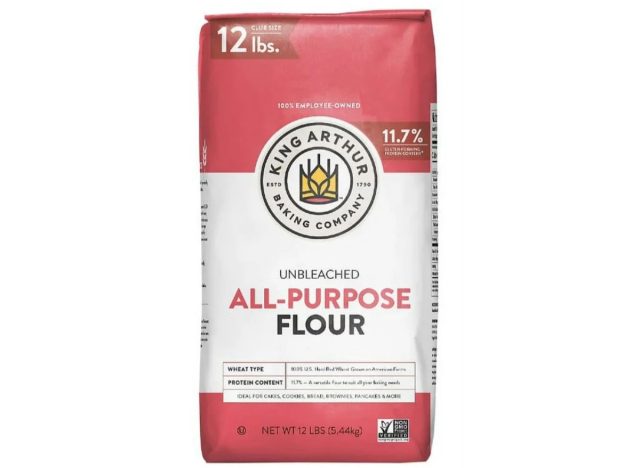
Wheat is another popular domestic product, with most flour grown in the U.S. heartland and milled domestically. This means that bread made with U.S. grain, especially store brands and local bakery baked goods, shouldn't fluctuate in price.
U.S.-Bottled Water and Soda
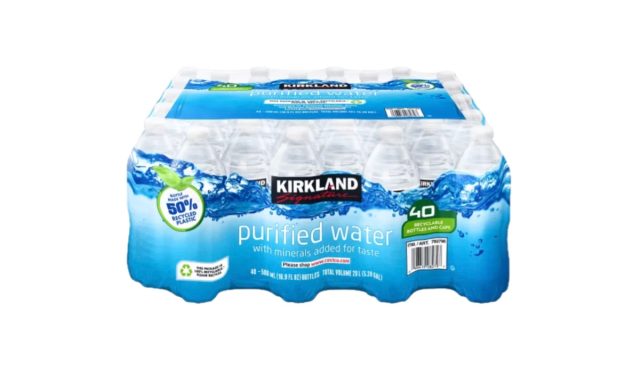
If you are a Fiji or Evian Water fan, consider converting to a domestic brand. While the tariffs will impact internationally sourced bottled waters and sodas, those bottled and sourced domestically won't get more expensive.
American-Made Peanut Butter
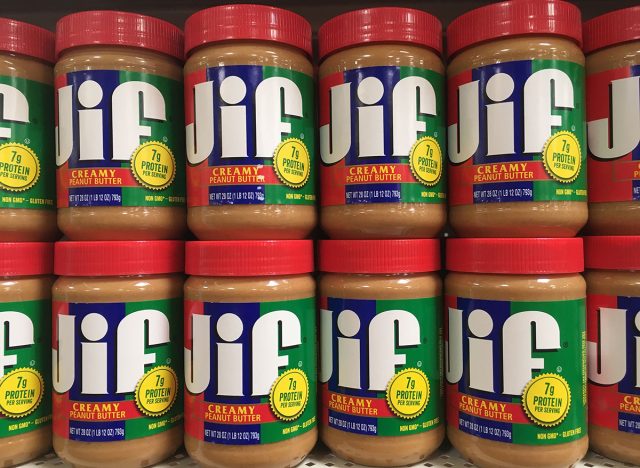
Peanut butter lovers rejoice. Most peanuts are grown in the Southern United States, in Georgia, Alabama, and Texas. Major peanut butter brands, including Jif and Skippy, rely almost entirely on domestic supply chains, so tariffs shouldn't impact the price at all.
Canned Goods Made in the USA
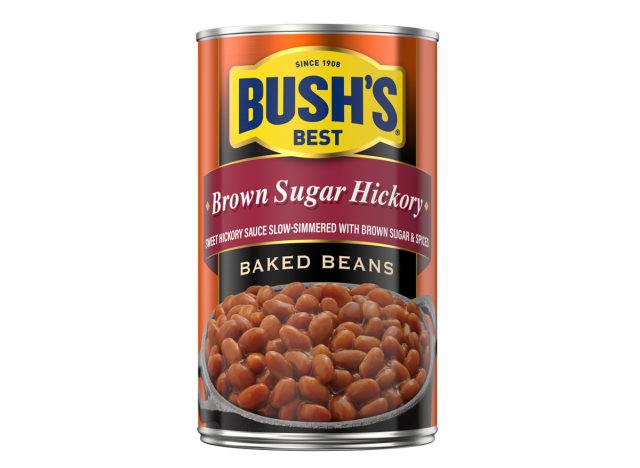
While imported canned foods will likely get more expensive, anything sourced and canned domestically should be in the clear. This includes canned corn, beans, tomatoes, and soups from U.S. companies using U.S.-grown ingredients. Keep in mind that packaging will also be subject to tariffs. Luckily a lot of steel and aluminum are produced domestically, so these products shouldn't be impacted in that aspect either.









